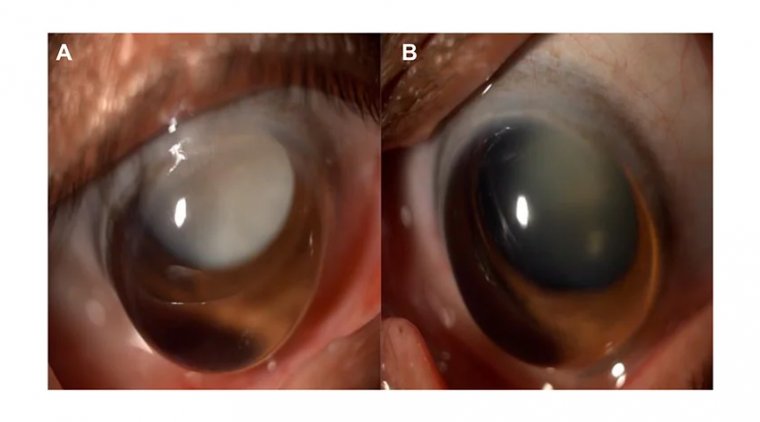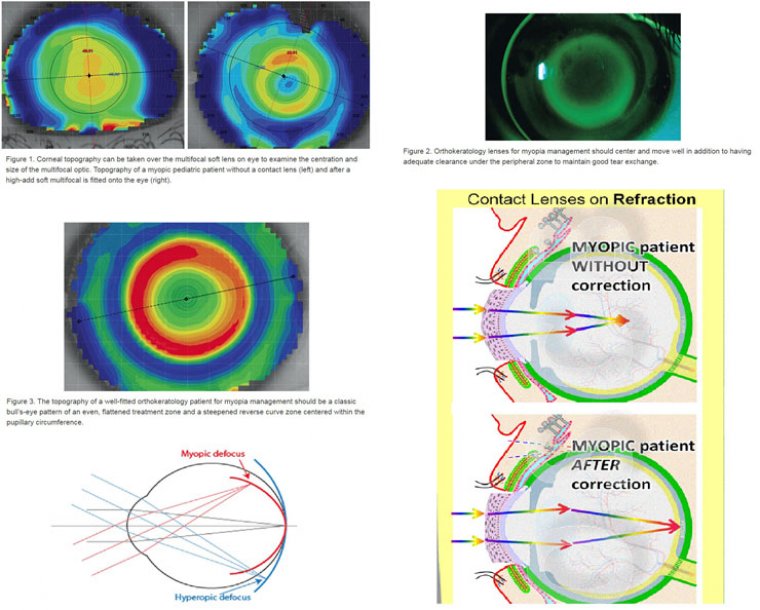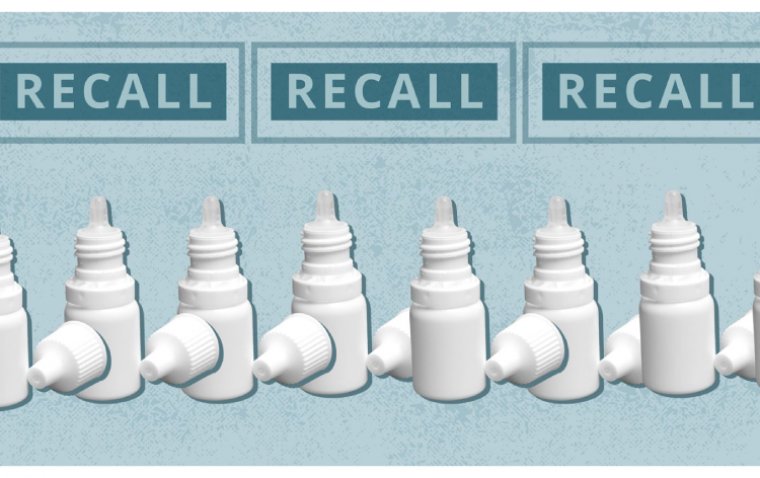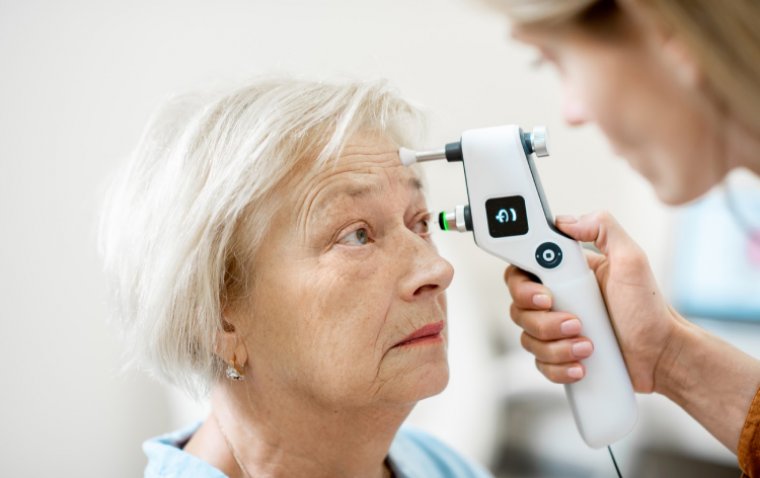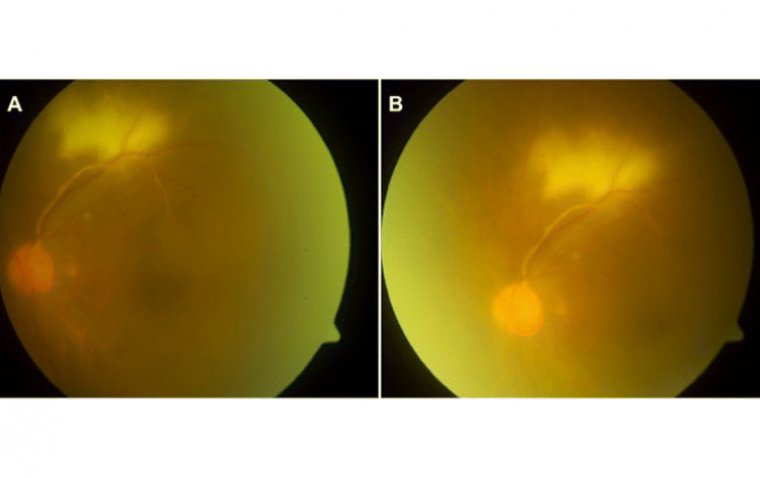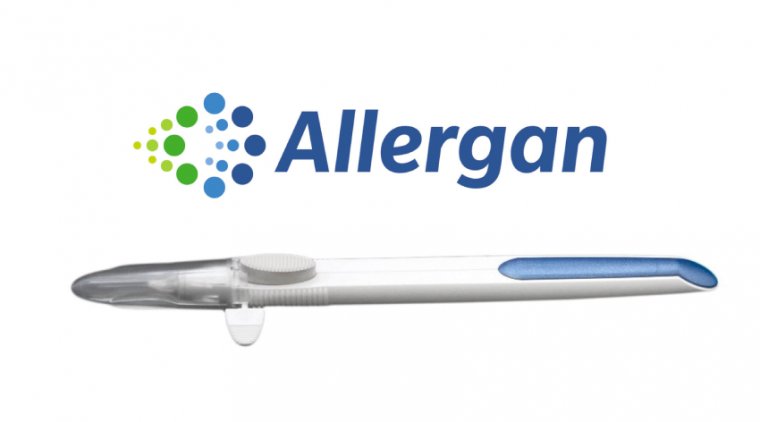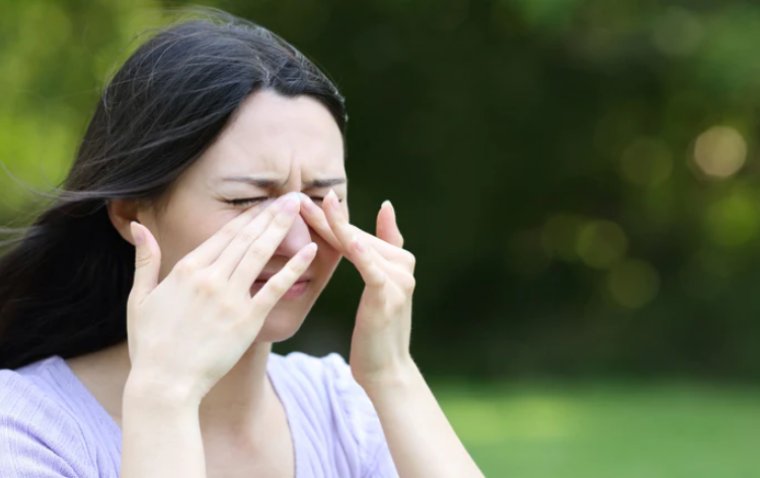
Understanding Itchy Eyelids: Causes, Relief, and Effective Treatment
Itchy eyelids, though common, can be a source of significant discomfort and concern. In this comprehensive guide, we explore the factors contributing to eyelid itchiness, relief strategies, and optimal treatment options to address this common concern.
What Causes Itchy Eyelids?
1. Allergies:
Allergic reactions can induce itchy eyelids, with culprits such as pollen, dust, pet dander, and certain cosmetics. Managing allergic triggers involves exploring allergen avoidance strategies and adopting effective measures to minimize exposure.
2. Dry Skin:
Environmental factors, including harsh weather conditions and low humidity, can lead to dry skin on the eyelids, causing itchiness. Maintaining proper hydration and adopting moisturization practices are crucial to alleviate dry skin-related eyelid discomfort.
3. Dermatitis:
Dermatitis, in its various forms such as contact dermatitis, atopic dermatitis, and seborrheic dermatitis, plays a significant role in triggering itchy eyelids. Management strategies involve identifying irritants, practicing proper skincare, and adhering to prescribed treatments for effective relief.
4. Infections:
Bacterial or viral infections, particularly conjunctivitis, can lead to itchy eyelids. Understanding the urgency of seeking medical attention for timely treatment is crucial in managing infection-related eyelid itchiness.
5. Blepharitis:
Blepharitis, characterized by inflammation of the eyelid margins, is linked to persistent itchy eyelids. Comprehensive management strategies include practicing proper eyelid hygiene, using warm compresses, and adhering to prescribed medications.
Itchy Eyelids Treatment
For persistent or severe cases, explore professional treatments and interventions:
● Prescription Medications:
Healthcare professionals may prescribe different classes of medications, both topical and oral, to address infections, dermatitis, or inflammatory conditions causing itchy eyelids. Adherence to prescribed medications is crucial for effective treatment.
● Immunotherapy:
Immunotherapy plays a crucial role in desensitizing the immune system for individuals dealing with chronic allergic conditions, offering a long-term solution. This treatment option addresses the root cause of allergic reactions, minimizing the occurrence of itchy eyelid episodes.
Home Remedies for Itchy Eyelids
Home remedies for itchy eyelids can provide relief from mild cases of discomfort. However, it's crucial to note that these remedies are generally suitable for temporary relief and may not substitute professional medical advice for persistent or severe conditions. Here are some home remedies for itchy eyelids:
1. Hydration and Moisturization:
Proper hydration and moisturization are fundamental in preventing and alleviating dryness, a common cause of itchy eyelids. Use hypoallergenic eye creams or ointments to maintain the skin's moisture balance.
2. Cold Compresses:
Applying a cold compress can effectively reduce inflammation and soothe itchy eyelids. Use a clean cloth or a cold eye mask and gently place it over closed eyelids for 5-10 minutes. This method helps constrict blood vessels and provides immediate relief.
3. Cucumber Slices:
Cucumber slices have anti-inflammatory properties and can offer a cooling effect. Place chilled cucumber slices over closed eyelids for 10-15 minutes to reduce swelling and alleviate itchiness.
How to Prevent Itchy Eyelids
Preventing itchy eyes involves adopting healthy eye care practices and minimizing exposure to potential irritants or allergens. Here are some tips to help prevent itchy eyes:
1. Allergen Management:
Identify and avoid allergens that trigger eye itching, such as pollen, dust, pet dander, and certain cosmetics. Use air purifiers in your home to reduce airborne allergens. Keep windows closed during high pollen seasons. Wash bedding, curtains, and pillowcases regularly to remove allergens.
2. Eye Hygiene:
Wash your hands frequently, especially before touching your face or eyes. Avoid rubbing your eyes, as this can exacerbate irritation and introduce bacteria. Use a clean and hypoallergenic makeup remover to prevent irritation from eye cosmetics.
3. Environmental Control:
Maintain optimal indoor humidity levels to prevent dry eyes. Use artificial tears or a humidifier in dry environments to keep the eyes lubricated. Wear sunglasses to protect your eyes from harsh sunlight, wind, and airborne particles.
4. Contact Lens Care:
Follow proper contact lens hygiene, including cleaning and disinfecting lenses regularly. Avoid wearing contact lenses for extended periods, especially in environments that may increase irritation.
5. Personal Habits:
Practice good overall hygiene, including regular face washing and avoiding touching your face with dirty hands. Be mindful of your diet, incorporating foods rich in eye-friendly nutrients such as omega-3 fatty acids, vitamins A, C, and E.
6. Reduce Screen Time:
Follow the 20-20-20 rule when using digital devices: every 20 minutes, look at something 20 feet away for at least 20 seconds. Blink frequently to prevent dry eyes while using computers or screens for an extended period.
7. Avoid Smoke Exposure:
Avoid exposure to tobacco smoke, as it can irritate and dry out the eyes. Choose smoke-free environments to reduce the risk of eye irritation.
8. Stay Hydrated:
Drink an adequate amount of water to maintain overall hydration, which also benefits the moisture levels in your eyes.
When to See a Doctor
Here are some scenarios when you should consider seeing a doctor for itchy eyes:
● Persistent Symptoms: Itchiness persists despite over-the-counter remedies
● Severe Discomfort: Intense itching, redness, swelling, or pain
● Eye Discharge: Green or yellow discharge, crustiness, or changes in discharge
● Vision Changes: Blurred vision, sudden changes in vision, or other visual disturbances.
● Self-Management Not Effective: If home remedies and over-the-counter solutions are not providing relief.
Conclusion
Empowered with a comprehensive understanding of the causes, professional treatments, and home remedies for itchy eyelids, individuals can take a proactive approach to manage and find relief from this common discomfort. It is essential to seek professional medical advice for personalized recommendations based on the specific situation.
(1).jpg)

